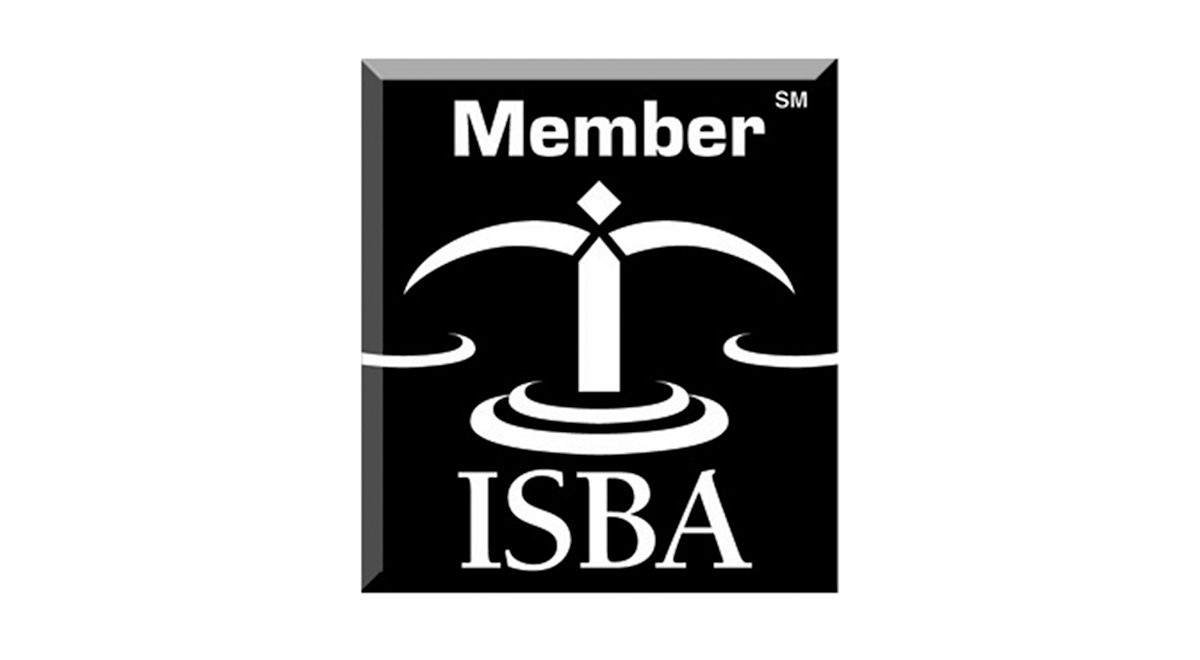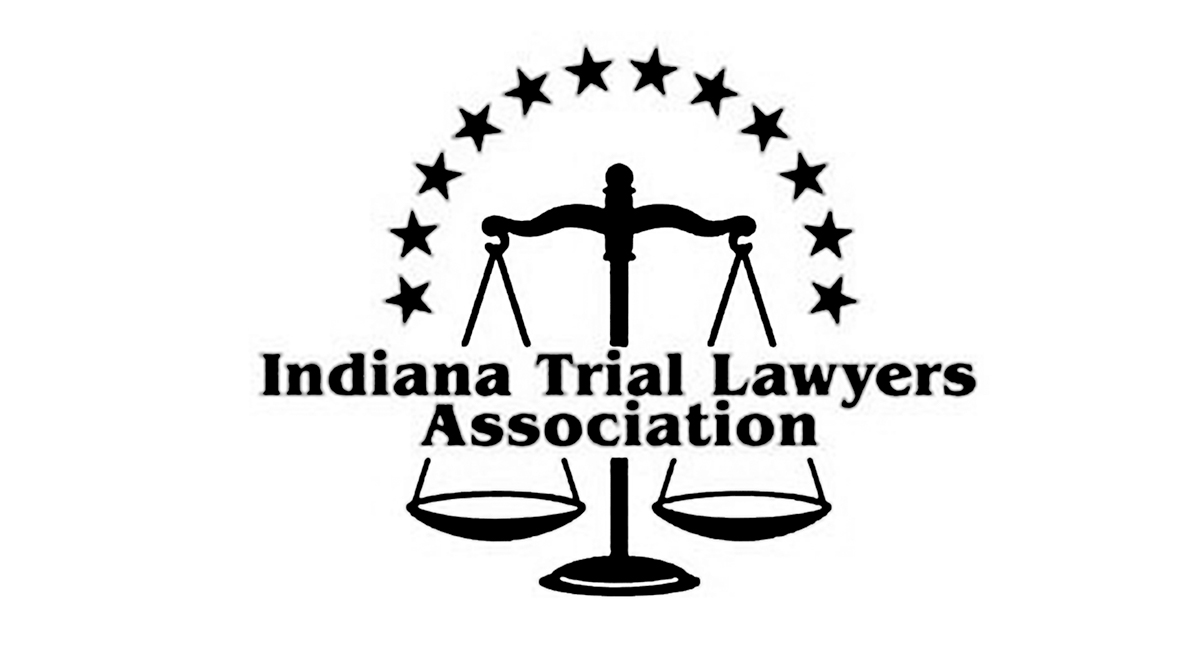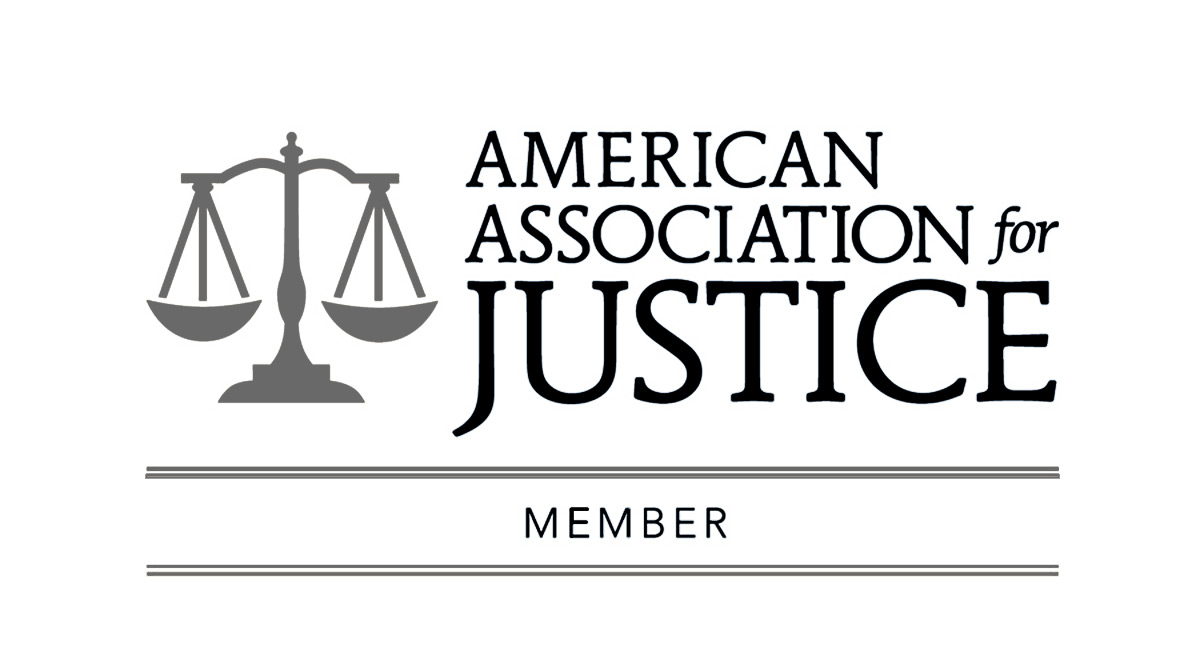June 24, 2019
The first question a person might ask is, “What is a dram shop?” A dram shop typically refers to a bar or tavern, but Indiana’s law extends liability beyond these traditional venues to any person or entity who furnishes alcoholic beverages to an intoxicated person. Ind. Code § 7.1-5-10-15.5. This means that the owner of a bowling alley where alcoholic beverages are served, a charity event that serves wine, or even a wedding with an open champagne bar could all fall within the purview of the Indiana Dram Shop Act.
There are three common defenses under the Act that may provide some protection from lawsuits: not being the actual furnisher of the alcoholic beverage, not having knowledge that the person to whom alcohol was furnished was intoxicated, or that person’s intoxicated state not being the proximate cause of the harm.
A. Furnishing Alcohol
Indiana law states that “furnish” means to barter, deliver, sell, exchange, provide, or give away. Indiana courts have interpreted this not to include simply providing money for another to purchase an alcoholic beverage. See Rogers v. Martin, 651 N.E.2d 305 (Ind. Ct. App. 1995). Nor does a provider furnish alcohol where they merely provide the alcohol for an intermediary or reseller to distribute. See Weida v. Dowden, 664 N.E.2d 742 (Ind. Ct. App. 1996). However, keep in mind that giving drinks away does count as furnishing – and providing alcohol to underaged minors is also considered furnishing under the Act.
B. Lack of Knowledge
Knowledge of intoxication can be implied in various ways by looking at the surrounding circumstances. First, knowledge of intoxication can be implied where a person has been repeatedly served by the same waiter. Additionally, mere carelessness as to who has access to alcohol can trigger liability because courts may find that lack of monitoring who the ultimate consumer is and how much that consumer has had to drink may constitute a reason to know that some will become intoxicated as a result. Muex v. Hindel Bowling Lanes, Inc., 596 N.E.2d 263 (Ind. Ct. App. 1992). However, if there is no indication that a person was visibly intoxicated or behaving in a manner that would lead a person to suspect they were intoxicated, then furnishing them with alcohol ordinarily will not trigger liability under the Indiana Dram Shop Act.
C. Proximate Cause
Indiana’s liability law for furnishing alcoholic beverages to intoxicated persons is framed as an “and.” What this means is that, to establish liability, a person or entity must: (1) furnish the alcohol; (2) to a person known by the one furnishing the alcohol to be visibly intoxicated; and (3) the intoxication must be the proximate cause of the death, injury, or damage. Here, furnishing alcohol will likely be considered the proximate cause where the intoxicated person acts recklessly or negligently to cause harm. However, intentional acts such as criminal mischief will sometimes be seen as beyond the scope of liability from the mere furnishing of alcohol. See Merchant’s Nat’l Bank v. Simrell’s Sports Bar & Grill, 741 N.E.2d 383, 389 (Ind. Ct. App. 2000).
Understanding your options if you or a loved one has been injured as a result of an intoxicated person can be a complex and nuanced process. Each case often has a unique set of facts that courts will inquire into in order to determine liability. If you or a loved one has been harmed, we are available to help review those facts with you and assist you in navigating your options.









